Back
Anonymous 3
Hey I am on Medial • 1y
Koo’s biggest mistake? Thinking that being a desi alternative is enough. Twitter is global, multi-lingual, and it works. Koo didn’t give a good reason for people to switch. At the end of the day, it’s about traction, not nationalism.
Replies (1)
More like this
Recommendations from Medial
Jaswanth Jegan
Founder-Hexpertify.c... • 1y
“2 million daily active users to Failure” Billions to Bankruptcy #11 Koo was founded in 2020 by Aprameya Radhakrishna and Mayank Bidawatka as a microblogging platform for Indians in multiple languages.Initially experienced a rapid rise due to its p
See More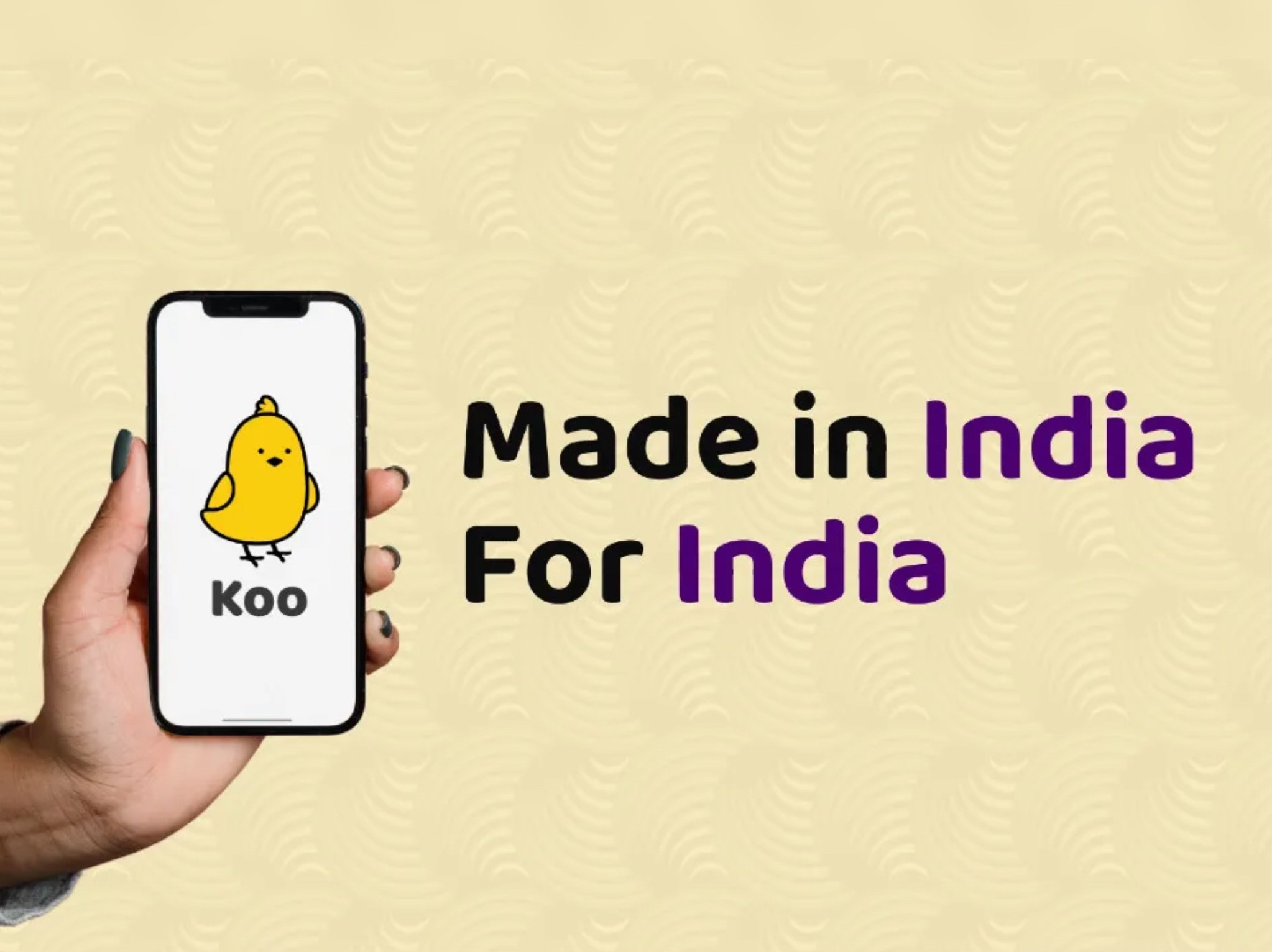
Pulakit Bararia
Founder Snippetz Lab... • 3m
I’ve always admired Zoho. Not just for its products , but for what it represents. A global SaaS giant built not from Silicon Valley or Bengaluru, but from a tiny village in Tamil Nadu. No investors or IPO chase. In a world obsessed with exits and
See More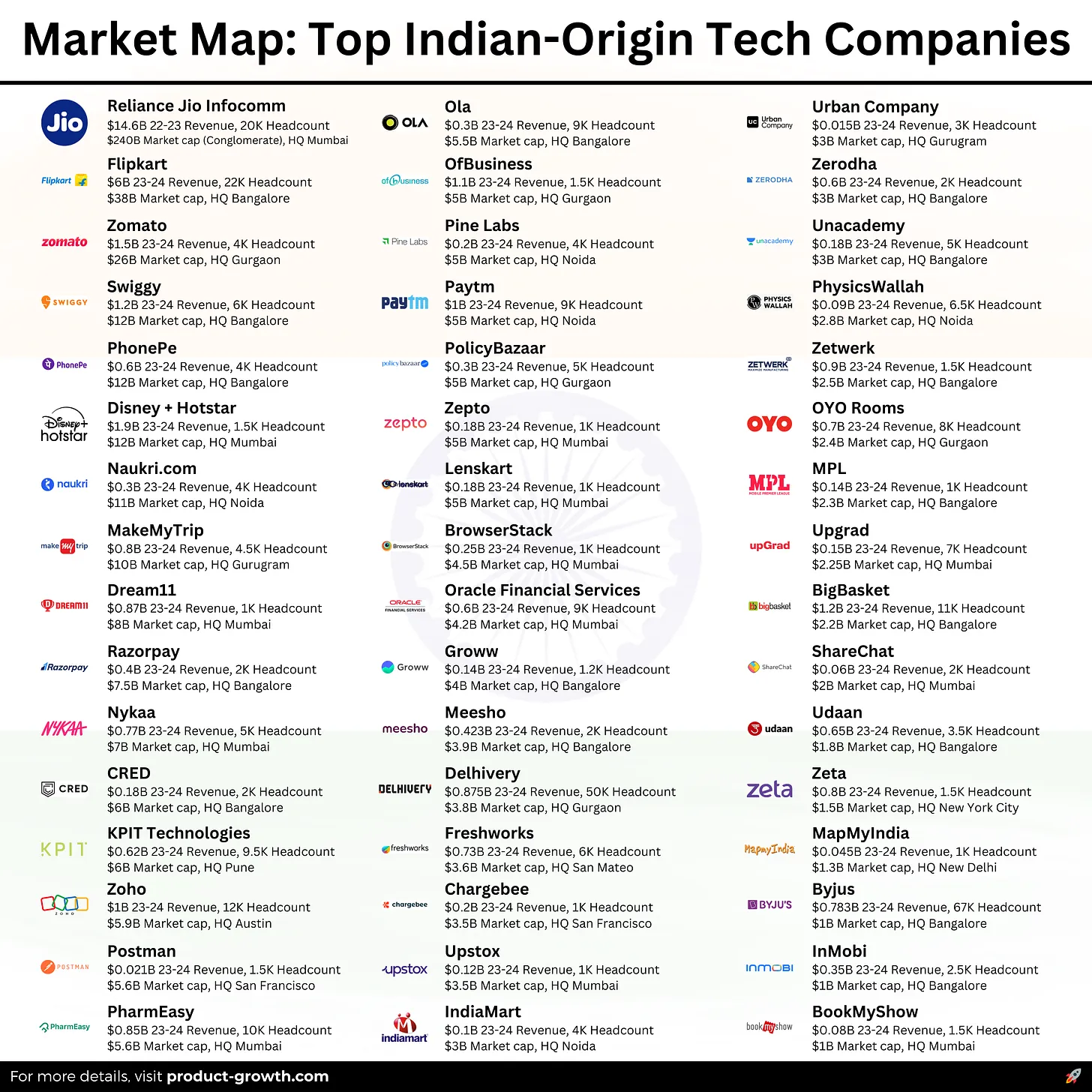
Akash Biswal
Building the next bi... • 6m
The Real Story of Agentic AI in India — Beyond the Hype I recently read a blog about the current state of Agentic AI in India. While the global scene is buzzing, our own adoption curve tells a very different story. Here are the five key things that
See MoreAccount Deleted
Hey I am on Medial • 6m
💡Psychology hack , every startup founder must know!! According to psychology, you're more likely to hold a grudge against the waiter who messed up your order than the chef who actually made the mistake. This is called Attribution Bias. If a Swigg
See More
Siddharth K Nair
Thatmoonemojiguy 🌝 • 8m
Success Story: Medial – Powering India's Startup Pulse 🚀🔥 In the heart of India’s booming tech ecosystem, a new kind of platform emerged in 2023 one that wasn’t just about networking or news, but about creating a community-driven nerve center for
See More
Download the medial app to read full posts, comements and news.


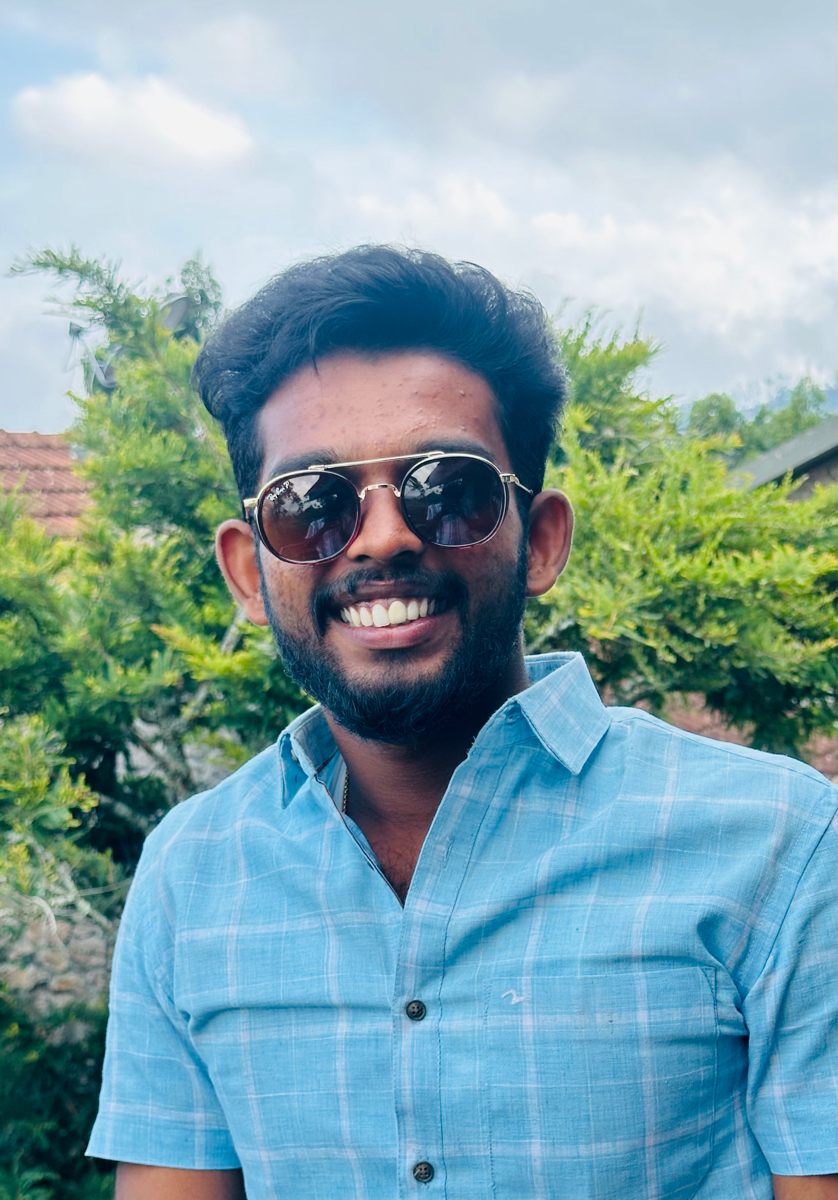




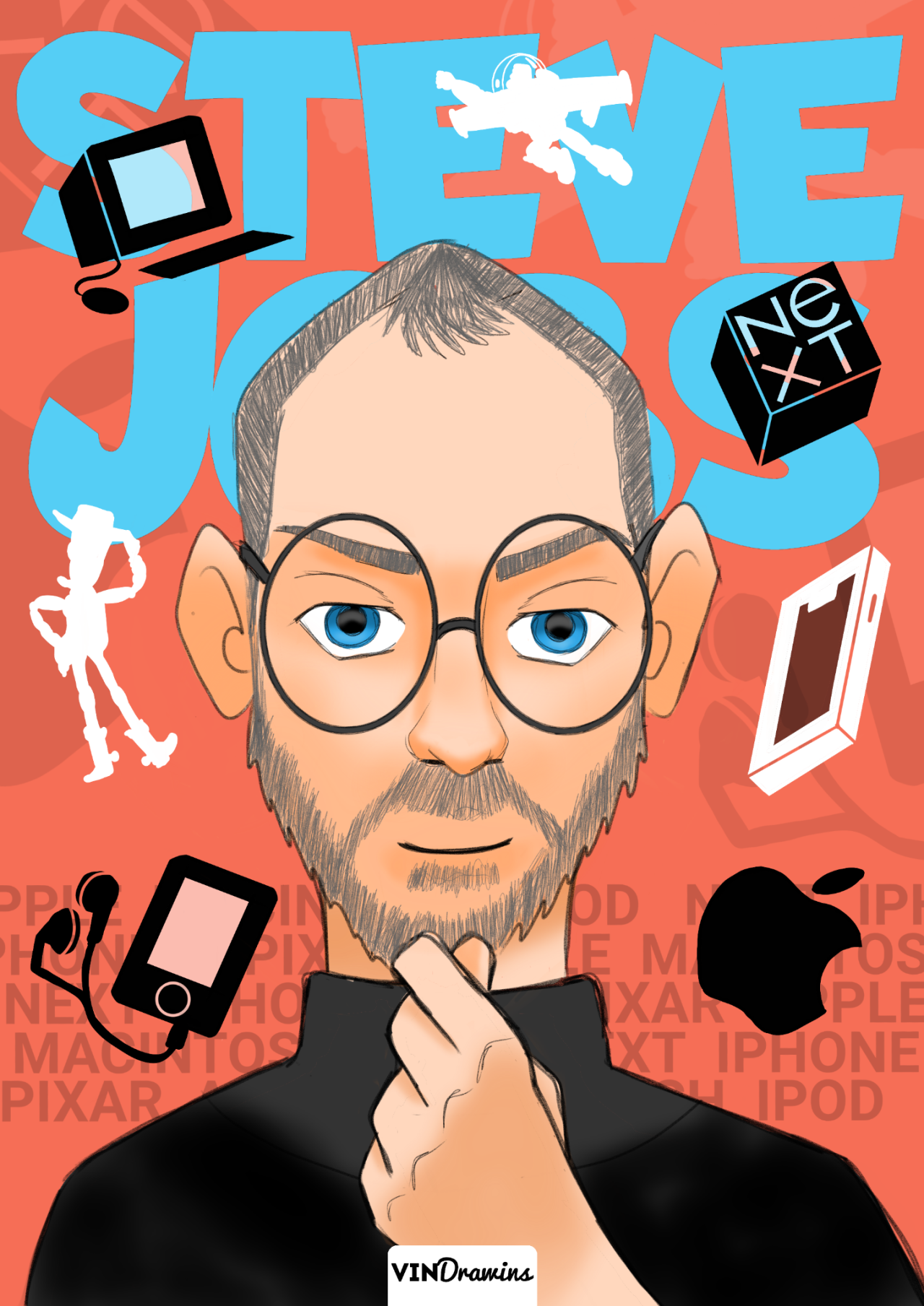

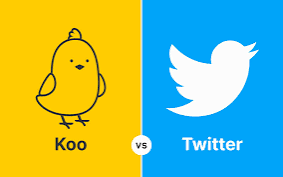
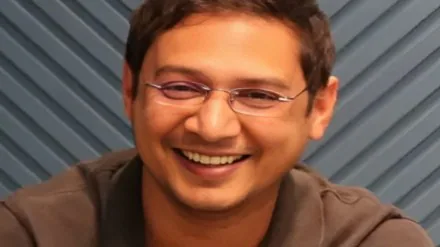







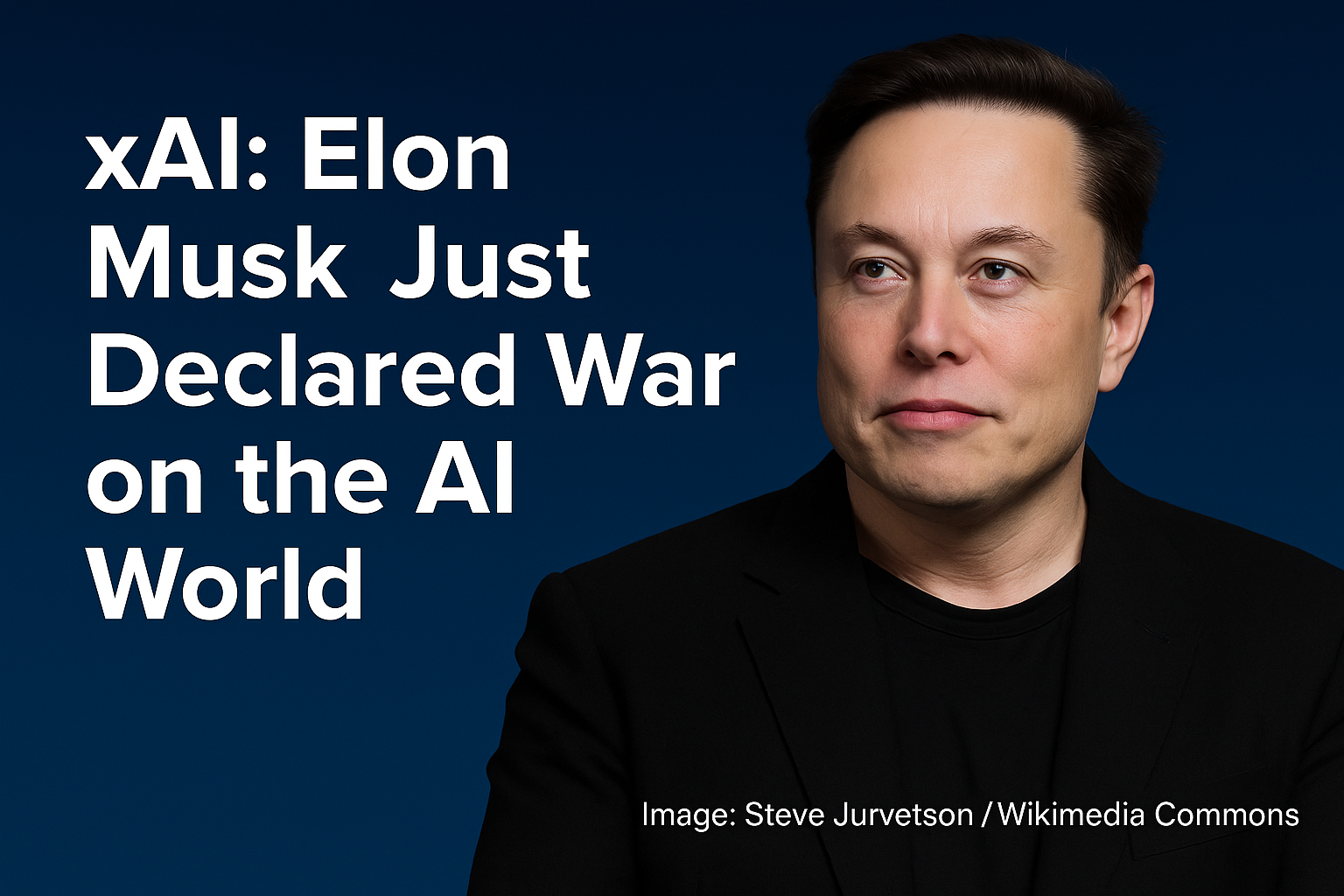

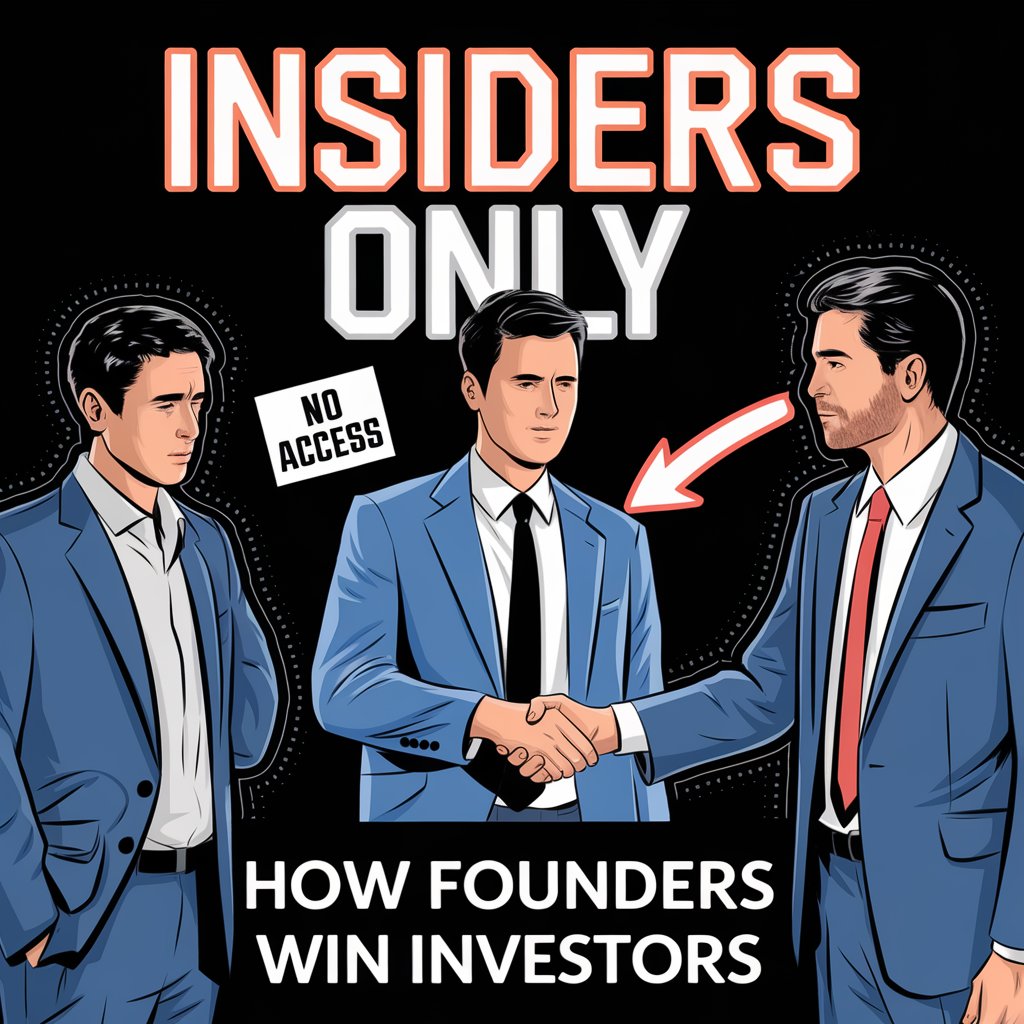




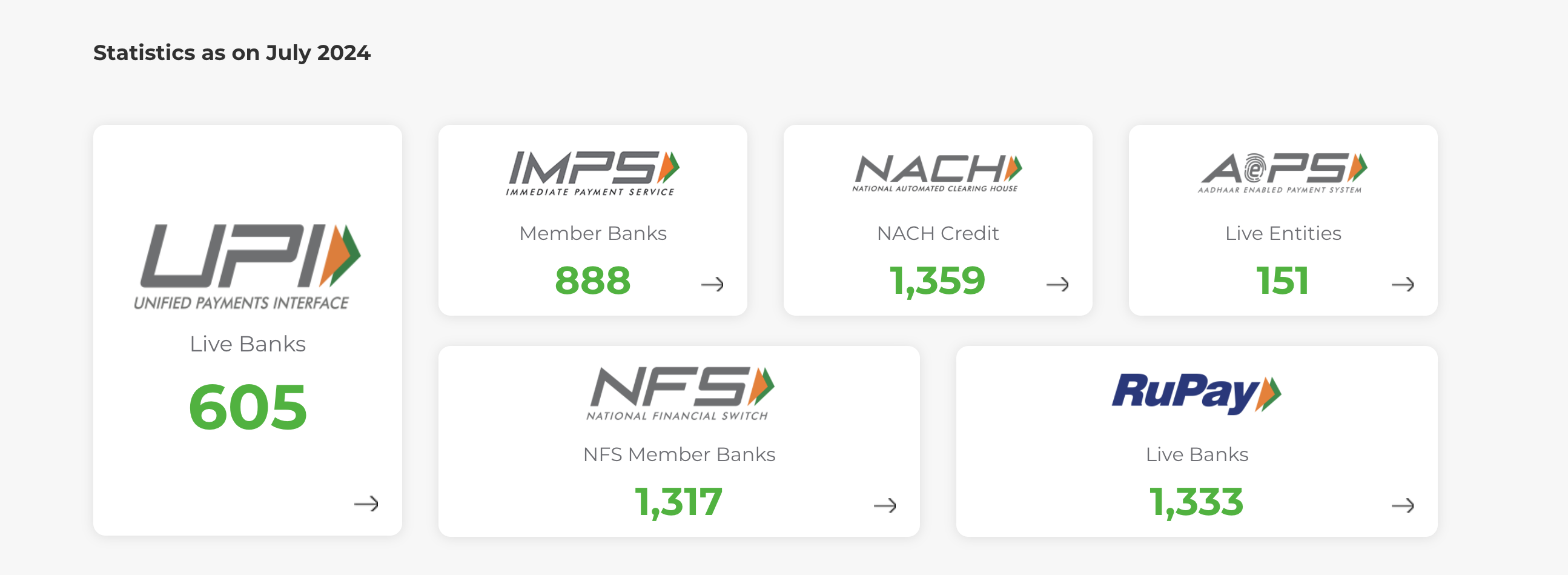




/entrackr/media/post_attachments/wp-content/uploads/2021/08/Accel-1.jpg)
















